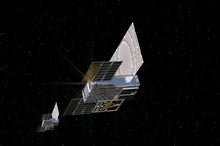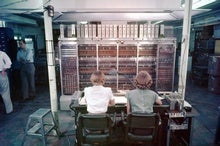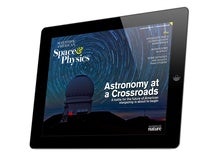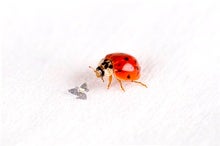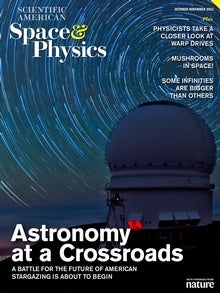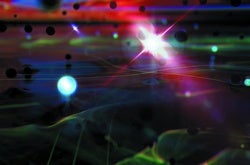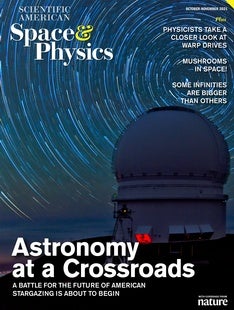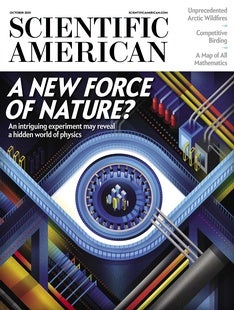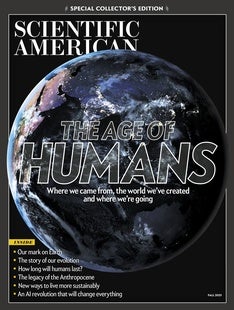 |
| September 30, 2021 |
Dear Reader,
Pondering the universe and watching rocket launches often feels like a welcome reprieve from pandemic news on the ground, but it turns out that even these activities have been heavily affected by the global struggle against COVID-19. Irene Klotz reports that rocket launches have been backed up because they can’t get enough liquid oxygen for propellant—a result of hospitals worldwide requiring oxygen to treat coronavirus patients. The pandemic has also affected space activities through the related computer chip shortage, as well as other supply chain issues. In other news this week, scientists mull untraditional ways to reach the Red Planet, astronomer Avi Loeb writes about rethinking our approach to finding ET, and blogger John Horgan unpacks why wishful thinking may be behind physics theories like the multiverse. |
| |
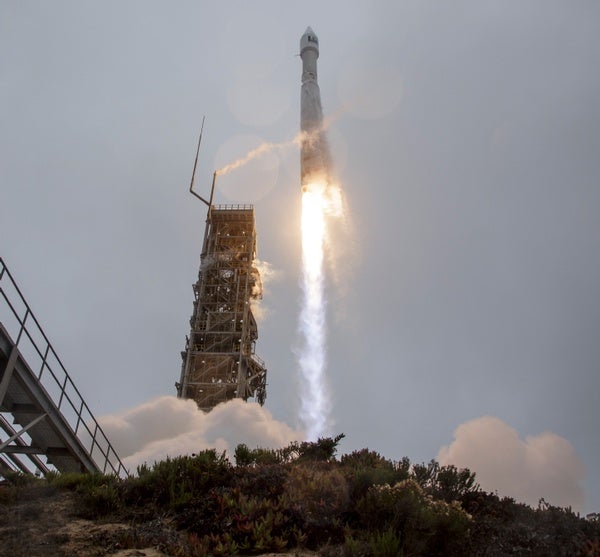 |
| Space Exploration Even Rocket Launches Can't Escape COVID Pandemic-spawned supply-chain disruptions are delaying launches and development of satellites, lunar rovers and interplanetary missions By Irene Klotz | |
| |
| Consciousness Death, Physics and Wishful Thinking Fear of mortality might underlie physicists’ fondness for the anthropic principle, multiverses, superdeterminism and other shaky ideas | | | | |
| |
| |
| |
| |
| |
FROM THE STORE
 | | | |
| QUOTE OF THE DAY
 "When trying to imagine something we've never seen, we often default to something we have seen. For that reason, in our search for extraterrestrial life we are usually looking for life as we know it. But is there a path for expanding our imagination to life as we don't know it." Avi Loeb, astronomer | |
| |
FROM THE ARCHIVE
 | | | |
LATEST ISSUES
 |
| |
| Questions? Comments?  | |
| Download the Scientific American App |
| |
| |




